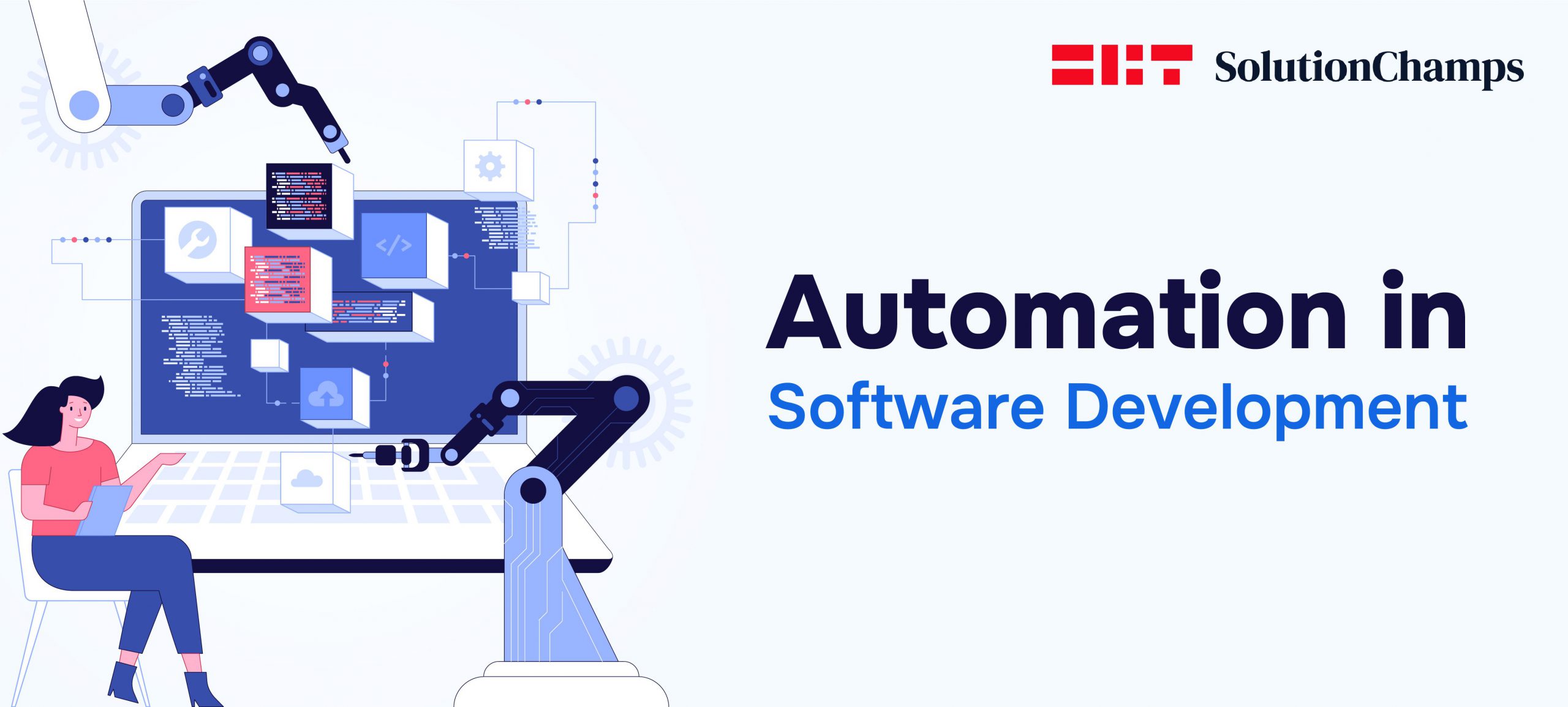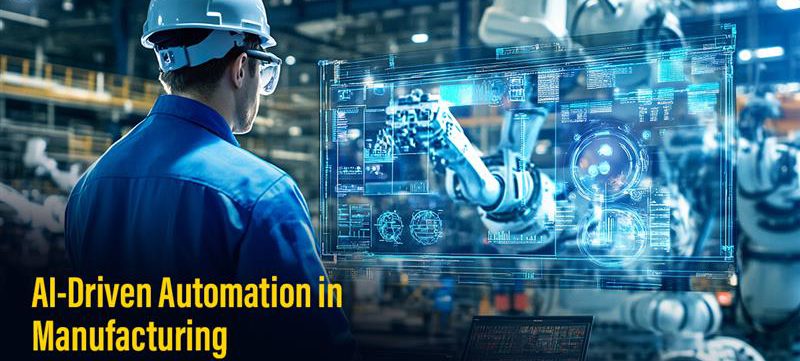AI is the best business partner: If you’re wondering what all the excitement is about AI, you should realize that it can take things that humans would ordinarily find impossible and make them possible. Consider how it runs “self-driving cars.”
What distinguishes AI in the business world? In contrast to humans, AI can identify patterns in massive amounts of data and forecast the future. There are several uses for this in practically every business. As an AI development company we have developed AI based applications for various industries.
While the self-driving car example is well-known, AI is also being applied in other industries, such as banking, retail, software, insurance, and healthcare, where a lot of data is gathered. Large corporations like Google are using AI, Facebook, Amazon, and Microsoft to assist with their products and services. These businesses understand that artificial intelligence can help them develop better products and make better decisions.
Artificial intelligence is seen as a key disruptive technology in many aspects of our lives. We can now utilize data in new ways thanks to data science tools; AI is a key technology that is driving this.
A high-value method for businesses to spur innovation and boost their competitive edge is using a subset of AI called machine learning (ML) to solve business challenges. When data is analyzed, patterns can be identified that may contribute to fresh conceptions and discoveries. This can lead to new product and service concepts that provide value to customers and the business. Many business challenges can be solved using machine learning. It is utilized in supply chain optimization, sentiment analysis, fraud detection, marketing for customer segmentation, and overall productivity enhancement.
Few Business Challenges addressed by AI
1. Customer support
The customer experience has grown to be crucial to the success of any business because of the responsiveness of the digital marketplace. While businesses nowadays may provide speedier transactions, they still have trouble providing round-the-clock customer service. AI is assisting businesses in providing responsive customer assistance across numerous channels, even in the absence of a human to handle consumer queries. With AI, customers like having a real-time, human-sounding voice that can respond to their inquiries in a timely manner and with appropriate information.
2. Data analysis
Regardless of the advantages of more data, it is difficult to organize and effectively process it. Organizing data is still a challenging task, despite the fact that AI has increasingly been a component of data analysis over the past decade.
Due to AI’s ability to analyze huge volumes of data in real-time, businesses may now deploy monitoring tools that can alert them to issues, suggest courses of action, and also initiate a response if required.
3. Higher standards and less human error
When organizations include AI technology in processes, they may anticipate a decrease in mistakes as well as a greater adherence to accepted standards. When AI and machine learning are combined with software like RPA, which automates regular, rule-based activities, the resulting system not only speeds up operations and reduces error rates but can also be programmed to get better over time and handle more complex jobs.
4. Handling Fraudsters
Customers get what they want when more digital and mobile transactions are handled. However, it may provide fraudsters with what they desire – a chance to steal critical personal and financial information. Companies struggle to satisfy demand while guaranteeing that every transaction is checked for potential fraud since consumers now have higher expectations for transaction speed. The only technology that is now quick enough to enable businesses to handle such quick transactions is artificial intelligence.
In addition to the advantages mentioned above, AI can contribute to many improvements across multiple industries.
5. Streamlined Operations
Retailers may utilize AI to better focus their marketing campaigns, create a more effective supply chain, and determine pricing for the highest returns. In retail businesses where people handle the majority of the workload, AI will assist in forecasting client needs and appropriate workforce levels.
The technology allows the pharmaceutical industry to analyze drug discovery data and make predictions that are not possible with more traditional techniques.
AI can help the financial sector improve its attempts to detect fraud.
Age-old business challenges are finally being effectively solved thanks to these AI-enabled solutions. Organizations may increase productivity, secure transactions, enhance audience and customer connections, and satisfy consumers with this approach.
Top AI Advantages for Businesses
Artificial intelligence not only aids firms in their general growth and capacity to introduce fresh technologies into the industry, but it also aids in the resolution of business challenges. Businesses are incorporating AI into their operations due to the numerous benefits it brings to the table. Some of them include the following:
- Cost reduction: This is undoubtedly one of the most significant advantages of deploying AI. This is a commercial issue solver since AI-based services allow organizations to reduce the cost of developing multiple software solutions. The price is transparent. You only pay for what you need.
- Flexibility: The adaptability of AI enables businesses to go forward with confidence. Though machine learning requires a lot of computational power to operate, you may only need that power for a short period of time—you don’t have to use AI all the time.
- Accuracy: One of the main benefits of using AIaaS for businesses is that the platform will handle the heavy work. That is, you do not even need to learn to code. AI as a service reduces the need to hire specialists and build a sophisticated high-level infrastructure.
- Adaptability: Many organizations overlook the need to make the model scalable while developing it. Third-party solutions include this critical feature in their design. By doing this, your model will be able to provide more when your company grows and starts to demand it.
- Custimzation: Artificial intelligence (AI) has great potential to offer the optimum solution for any business project. It may be fine-tuned to agree with and align with your project’s needs, businesses, or data.
Conclusion
Firms used traditional tactics in the past to obtain insights and make decisions to remain competitive. Due to the influx of data, businesses are already employing data analytics and artificial intelligence together for decision-making and other objectives. It is now crucial for businesses to comprehend the potential benefits of AI for their operations. Speak to our experts to know more!
 HealthCare
Contact Us
HealthCare
Contact Us
 HealthCare
Contact Us
HealthCare
Contact Us




